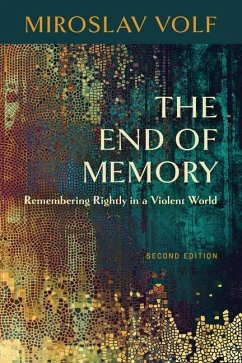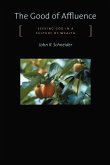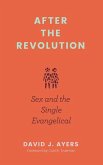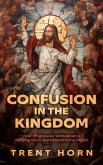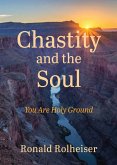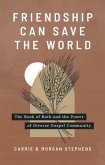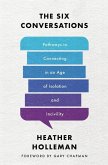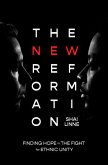Winner of the Christianity Today Book Award in Christianity and Culture How should we remember atrocities? Should we ever forgive abusers? Can we not hope for final reconciliation, even if it means redeemed victims and perpetrators spending eternity together? We live in an age that insists that past wrongs--genocides, terrorist attacks, bald personal injustices--should never be forgotten. But Miroslav Volf here proposes the radical idea that letting go of such memories--after a certain point and under certain conditions--may be a gift of grace we should embrace. Volf's personal stories of persecution and interrogation frame his search for theological resources to make memories a wellspring of healing rather than a source of deepening pain and animosity. Controversial, thoughtful, and incisively reasoned, The End of Memory begins a conversation that we avoid to our great detriment. This second edition includes an appendix on the memories of perpetrators as well as victims, a response to critics, and a James K. A. Smith interview with Volf about the nature and function of memory in the Christian life.
Bitte wählen Sie Ihr Anliegen aus.
Rechnungen
Retourenschein anfordern
Bestellstatus
Storno

